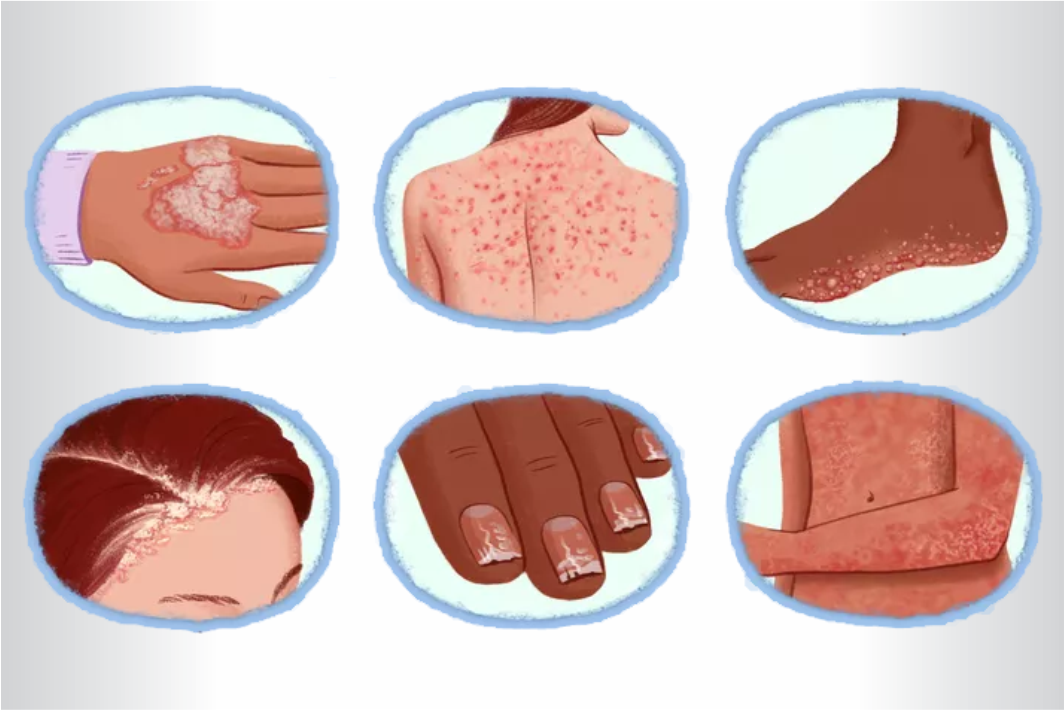Discoloration
of the skin is taboo in India and makes a person feel neglected on various
fronts. Social stigma sets in, and challenges in day-to-day activities become
manifold.
A
special mention can be made of psoriasis, a chronic, long-lasting, genetically
determined skin disease. Psoriasis is an autoimmune condition. It is more
common in men than women and invites social taboos and mental trauma for the
patient.
Causes
and symptoms
Psoriasis
is an auto-immune condition that causes itchy skin and can occur at various
stages of life. Since there is no cure, treating psoriasis can be quite
challenging for those who suffer from it.
The
symptoms may last a few weeks, and the skin may be itchy. There can be
inflammations at specific body parts, as skin plaques can irritate. In
psoriasis, the immune system stricks the
healthy cells instead of bacteria. This disease is hereditary, replacing
old and new skin in three days. Usually, in the case of a normal human being,
this process takes 30 days.
Psoriasis
is associated with skin irritation and allergies. Symptoms depend on person to
person. Streptococcal infection, any skin injury, and certain medications can
trigger psoriasis. Even weather patterns can play a role in propagating the
disease.
Rashes
sometimes lead to joint pain and arthritis.
Treatment
Steroid
creams, certain moisturizers, and medicated lotions may help. Medicated creams,
as the medical practitioner suggests, may bring temporary relief. Depending on
the severity of the rashes, medical practitioners may prescribe
ointments/creams.
Other
treatments include light therapy, retinoids, immune therapies, and salicylic
acid. It can prevent psoriasis from spreading. Severe psoriasis may cause
diabetes. It can also lead to obesity, high cholesterol, strokes, and heart
attacks.
Treatment
can include regular blood pressure checks. It also involves maintaining a
balanced diet, getting enough sleep, and not smoking.
No
concrete treatments are available. Some doctors recommend a skin biopsy to rule
out psoriasis. The therapy aims to stop quick skin growth.
Apart
from light therapies, exposure to the sun for a brief period can be a
first-line treatment. Doctors also suggest alternative medicines. These include
special diets, vitamins, acupuncture, and herbal products.
Daily
baths and keeping the skin moist can prevent psoriasis from spreading. Exposure
to small amounts of sunlight also helps. A good healthy lifestyle is important
to stop the spread of psoriasis.
Outlook
Many
are ignorant about psoriasis. This ignorance hurts patients with the disease.
Delaying getting treated only adds to the woes. It’s a cause of mental trauma
and delays in seeing a doctor.
More
research is being done on new treatments. This gives hope for more
breakthroughs in treating psoriasis.





